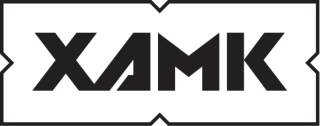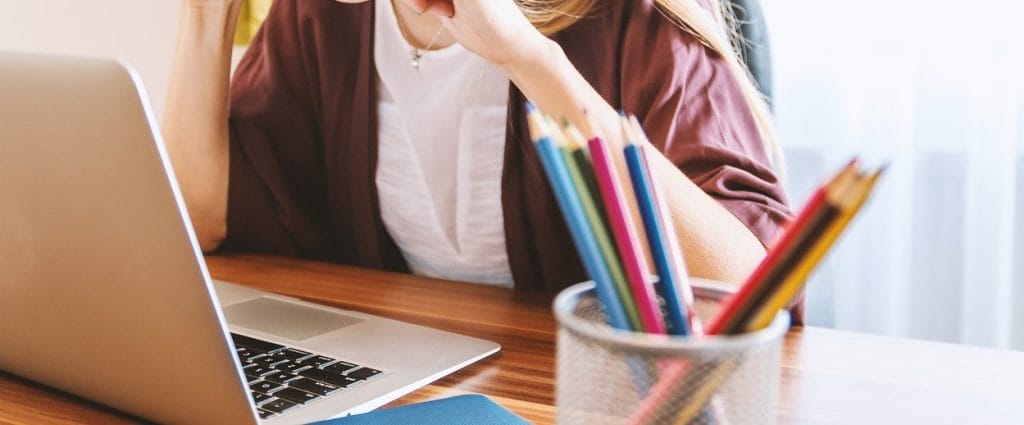
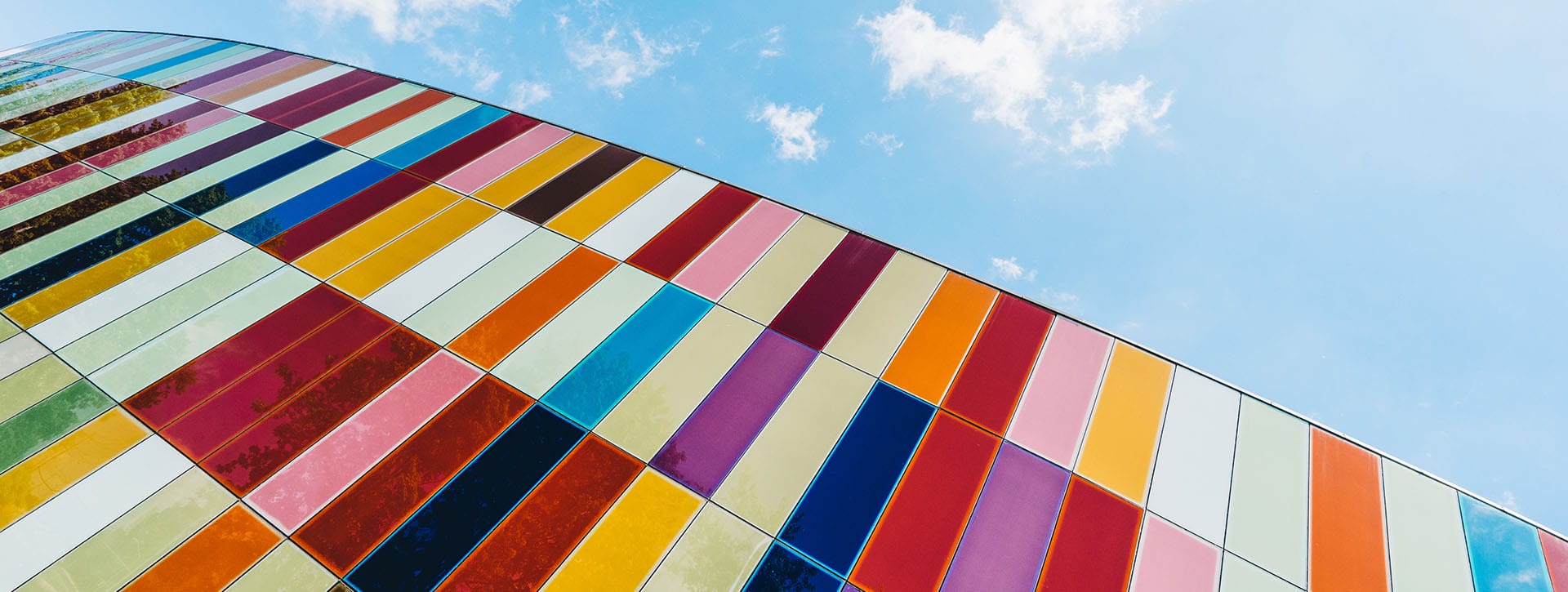
Creative Soft Skills
Creative Soft Skills was an Erasmus+ project aiming to produce a methodology able to identify, strengthen and recognize artists’ soft skills and facilitate the connection between artists and the labour market through the certification of creative soft skills.
The project is finished.
Creative Soft Skills is an Erasmus+ project aiming to produce a methodology able to identify, strengthen and recognize artists’ soft skills and facilitate the connection between artists and the labour market through the certification of creative soft skills. The project is therefore directed to artists of any kind of art (from visual to classical arts) at the early stage of their career and organizations dedicated to training, developing and promoting sustainable competitiveness through creative soft skills.
Objectives
- Supporting artists in developing new skills that create new job opportunities in non-creative contexts
- Reinforcing artists’ profiles and general understanding of creative competencies in terms of employability
- Developing innovative approaches to recognize, develop and validate competencies in non-formal learning settings
To achieve these objectives, the first activity will be a research aimed to establish the framework of creative soft skills within the Creative and Cultural Industries.
Each skill will be evaluated from an entrepreneurial and an artistic perspective (the artistic fields in which it is implemented, such as directing or conducting for management of leadership; the creation of a piece for creative thinking and problem-solving; the live performances for dealing with uncertainties, etc.).
The second activity will be the development of a methodology aimed to guide artists in the identification, exploitation and developing soft skills. The methodology’s innovative quality is the adoption of Jungian archetypes as representations of soft skills. The contents produced throughout the first two phases will be structured in an open source toolkit that aims to make the methodology accessible and replicable.
The toolkit represents a theoretical and practical base for the last phase of the Creative Soft Skills process that is the Certification of the artists’ soft skills. The certification methodology provides mentoring, peer review and access to qualifications through a cluster of 1-1’s, in small groups or in larger groups in project-based learning and customised skills acquisition and development. Learners will access dynamic and complex professional contexts at the appropriate level for their competences with access to supervision and mentoring support to reflect on further development needs, newly acquired skills and, effectively applied knowledge and skills across a range of different situations.
The project is conceived as an international programme that operates at local and international level connecting learners to professionals within the industry. In this way, it forges an international and interdisciplinary community network that connects local and international employees, freelancers, volunteers, business owners and managers from different sectors and countries to each other.
Current
Arti in Libertà is an independent, project-based organization that connects peers around culture production. It is a platform for transdisciplinary artistic production with the aim to produce value for local territories, citizens and businesses. The organization consists of a team of ten people and it was born in 2018 in Bari, Italy.
One of the organization’s main activities is research in the form of artists realizing new artistic contents. Arti in Libertà produces an electro-indie music festival with the intention of redesigning the relation with an urban space by an annually changing theme. Due to Covid-19, it redesigned the way of consuming a music festival, bringing the sound everywhere and setting up the artists on roofs. The organization focuses also on rising awareness about the Corporate Cultural Responsibility.
Arts Promotion Centre Finland, Taike, runs a five-year development programme that recognizes and communicates artistic expertise to other parts of society. Taike is a national body with government funding, so the project gains access to networks and policy-making tables that may be unreachable to small non-governmental organizations. Together with its arts councils and boards, Taike awards grants to professional artists and subsidies to communities in arts field.
Taike runs a network to organize events, training sessions and seminars/webinars in Finland. The network is a hotspot for national discussion and sharing of experiences and thoughts. In addition, it organizes joint marketing events for the members to work on how potential customers and the wider audience see the field, and how to communicate the message. This network is a basic tool for Taike to stay attuned to the field. There is also a Nordic Network to share expertise and to strengthen opportunities.
Taike cooperated with the Finnish Parliament’s Committee for the Future. Artists and experts in the creative fields worked in the creative space of the Parliament. The participants provided a perspective on the status of self-employed individuals in the creative industries, and how to develop it, as well as on the future challenges.
Rosetta Arts delivers engaging courses, creative workshops and innovative participatory art experiences. Founded in 1993 in the UK, the organization works across gender, disability, age and income, responding to poverty and inequality by acting as a catalyst for creative talent. A small core team, delivering through a larger pool of artist facilitators, leads the organization. Its trustees are responsible for overseeing management and administration. Trustees provide their services on a voluntary basis. Rosetta Arts has a mix of funding streams: public grants, commercial sources and a small proportion of donations.
The organization has a three-year artist accelerator programme with local artists from diverse communities. The artists get a wide range of support for their careers such as mentoring from experts in the sector, benefit from master classes and bursaries, support for running community projects, a final exhibition and a studio space. The organization also provides a service called Rosetta Mindful Arts in which local artists go into workplaces and deliver multi-arts workshops that have mindful arts elements.
Creaa Snc developed an original format for Art Based Interventions in organizations and offers communication and project management services to the creative sector. The company, based in Italy, has earned its reliability in years of professional work in both the artistic and the business environments. As producers, their aim is to let the artist to be the artist and the entrepreneur/buyer be the entrepreneur/buyer, meditating the flow of information between them. Creaa works for the private sector, with non-governmental organizations and for public authorities.
Creaative Bump is one of Creaa’s services. It implements Art Based Interventions into a training experience with collective artistic creation and the support of an artist and a trainer. Performed into traditional companies, this contributes to multiple benefits ranging from increase in general competences and leadership skills to boost in motivation. Creaa also organizes workshops of participatory and community based art. The Co.So! -project promotes integration and social inclusion of people with mental health difficulties, tackles prejudices and empowers the role of artists inside the society.
Jongin is a website concept aimed specifically at youth in Netherlands. It is a part of the local prevention policy, working closely with youth work and helping them to promote their activities. The aim is to inform local youth while serving as an interactive instrument for multifaceted youth participation. Jongin Arnhem has been part of the business operations of Rozet since 2016. Launched in 2009, JonginArnhem.nl is funded by the municipality Arnhem. It left the nationwide network of Jongin websites in 2012.
Besides the project manager, the Jongin Arnhem team consists of students, volunteer and clients. Youth workers and other professionals also contribute to the website. Over the last ten years, almost 170 students completed their internships at Jongin Arnhem. During the internship, students learn about journalism, photography, and graphic/web design. The project is setting up an all-round media workplace, where local organizations, youth and artists can make media productions ranging from podcasts to written interviews. This will be a permanent part of the Willemeen venue and Rozet.
Creative Soft Skills
Info
Budget
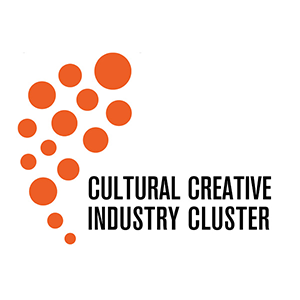
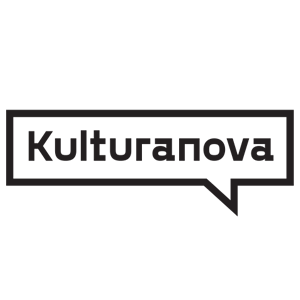
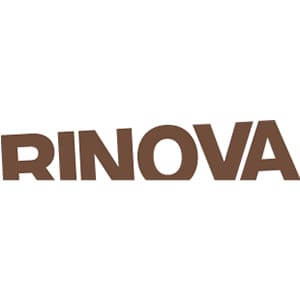
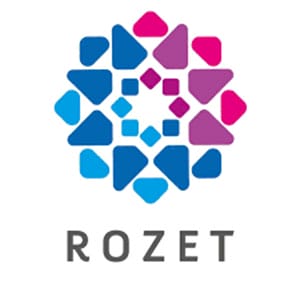
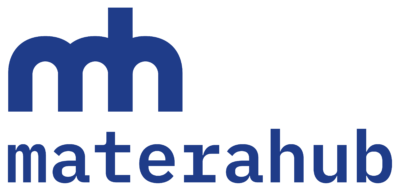
Yhteystiedot
Silja Suntola
Projektipäällikkö
+358 50 4390 518
firstname.lastname@xamk.fi
